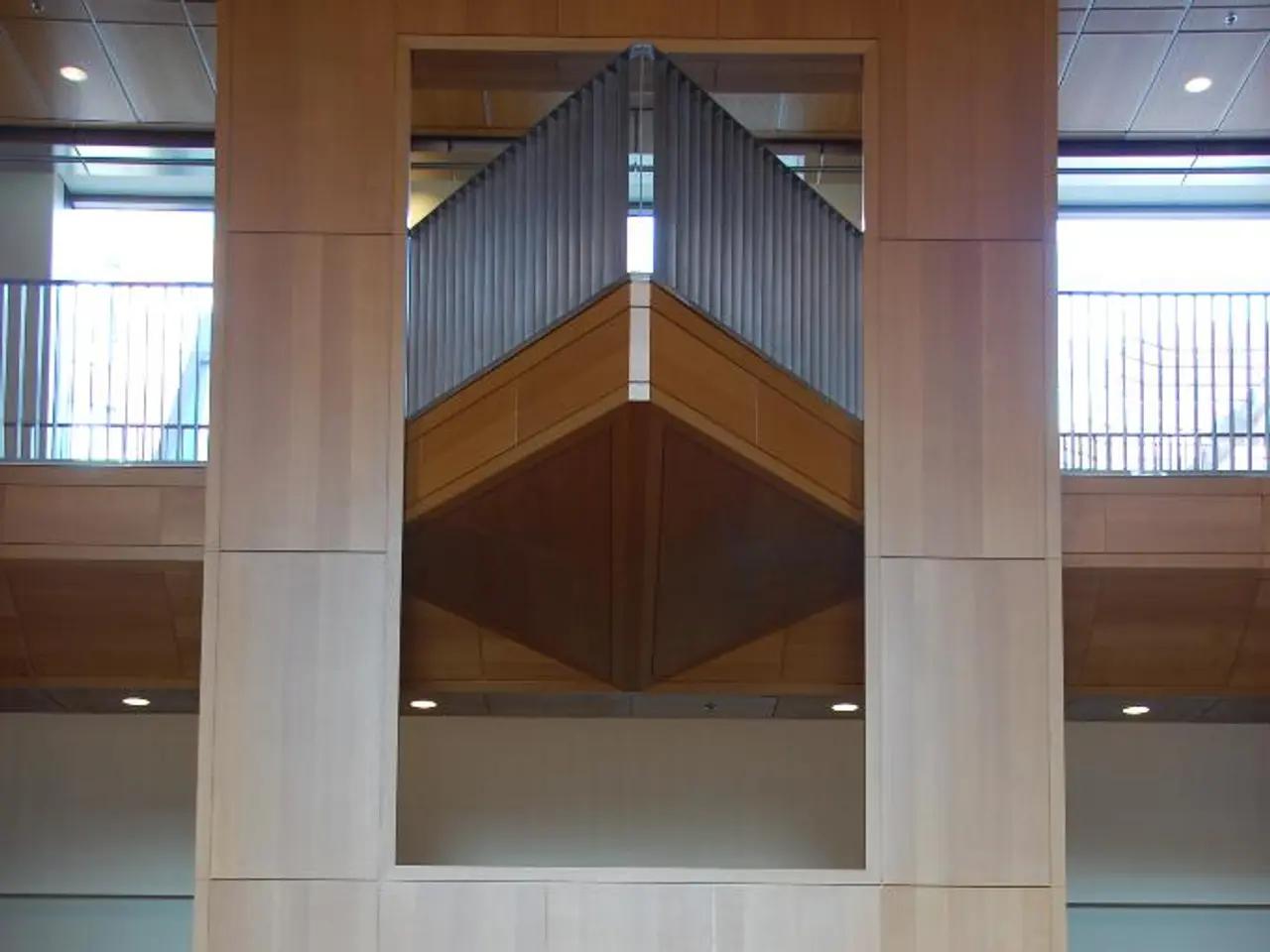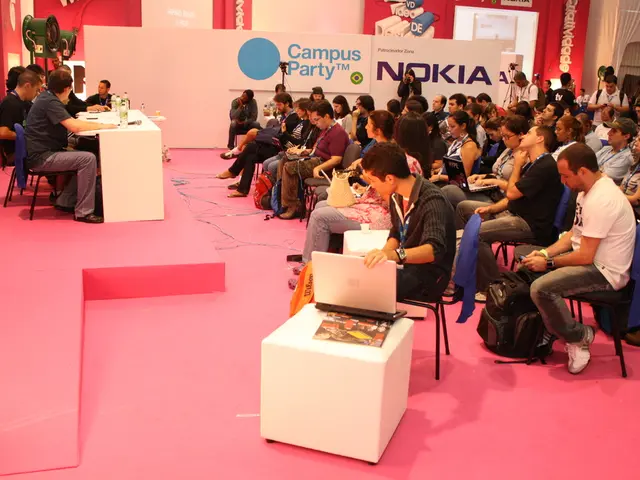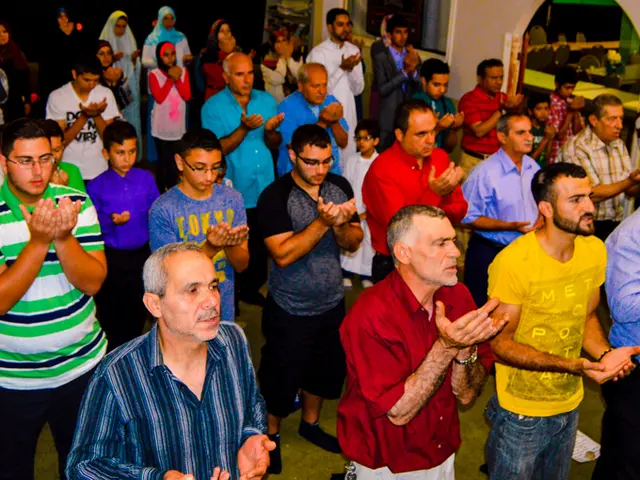Discussion of Competitive Challenges Amidst Various Disruptions in the Salzburg Trilogy
In the heart of Europe, the Salzburg Trilogue, an intellectual event renowned for its discussions on key global issues, recently took place. This year's focus was on the role of technology and its implications, as Europe grapples with the challenge of staying competitive in a rapidly changing world.
Liz Mohn, the patron of the event, highlighted the fragility of democracy and peace in a divided world. Western democracies, she noted, are struggling to keep pace with global developments. British historian Harold James, a participant in the Trilogue, echoed these sentiments, stating that recognizing the problem is easy, but finding convincing solutions is hard.
To secure prosperity and competitiveness in the long term, Europe must undergo a strategic realignment. The future technological leadership of the continent lies in artificial intelligence, quantum computing, robotics, and space exploration. However, Europe does not currently rank among the leading actors in these fields.
Culture and cultural diplomacy were highlighted as tools for societal transformation. Participants of the Trilogue agreed on the need to actively promote culture as a carrier of values, identity, and belonging. They emphasized the importance of shaping the future with courage, self-confidence, and the ability to actively drive change.
Discussions during the Trilogue addressed opportunities, risks, and the need for regulation in technology. Experts warned that trust in democratic institutions could be lost if they cannot keep up with the pace of change. Traditional institutions like the United Nations are sometimes perceived as outdated and in need of reform.
The results of the Salzburg Trilogue are compiled each year as "Salzburg Recommendations" and sent to the European Commission, the Council of the European Union, and its member states. For press inquiries regarding the Liz Mohn Foundation, please contact Dr. Jörg Habich at +49 5241 2133-277 or [email protected].
The challenge of shaping the future with courage, self-confidence, and the ability to actively drive change was a central topic at the Salzburg Trilogue. As Europe navigates its strategic realignment, these qualities will undoubtedly be essential in ensuring a prosperous and competitive future.
Read also:
- Peptide YY (PYY): Exploring its Role in Appetite Suppression, Intestinal Health, and Cognitive Links
- Toddler Health: Rotavirus Signs, Origins, and Potential Complications
- Digestive issues and heart discomfort: Root causes and associated health conditions
- House Infernos: Deadly Hazards Surpassing the Flames




